Enter a surname, town name or other keyword to search the database. Remember to
allow for the different spellings of 'Mc' and 'Mac.' Good luck!
{Search tips: Use single word search terms for more results}
You must enter some valid character(s) into the search field
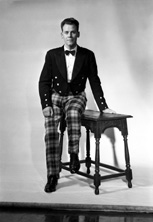
Reference: 44446a
R.S. MacDonald, Eastgate, Inve...
|
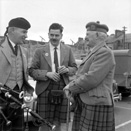
Reference: 4150f
Matheson (on right) talking wi...
|
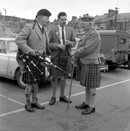
Reference: 4150e
Matheson (on right) talking wi...
|
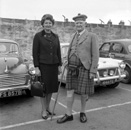
Reference: 4150d
Caption states 'Betty with...
|
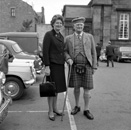
Reference: 4150c
Caption states 'Betty with...
|
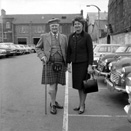
Reference: 4150b
Caption states 'Betty with...
|
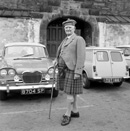
Reference: 4150a
Matheson in the car park of wh...
|
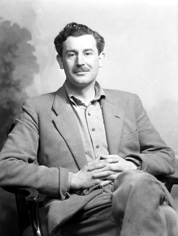
Reference: 40813b
Lord Lovat. Brigadier Simon Ch...
|
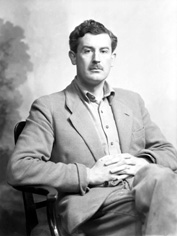
Reference: 40813a
Lord Lovat. Brigadier Simon Ch...
|
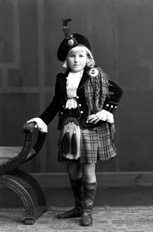
Reference: 37674
Mrs Millar. ...
|
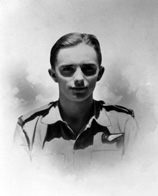
Reference: 156
Mrs Paton. ...
|
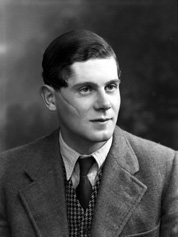
Reference: 44611e
Lieutenant John C.O.R Hopkinso...
|